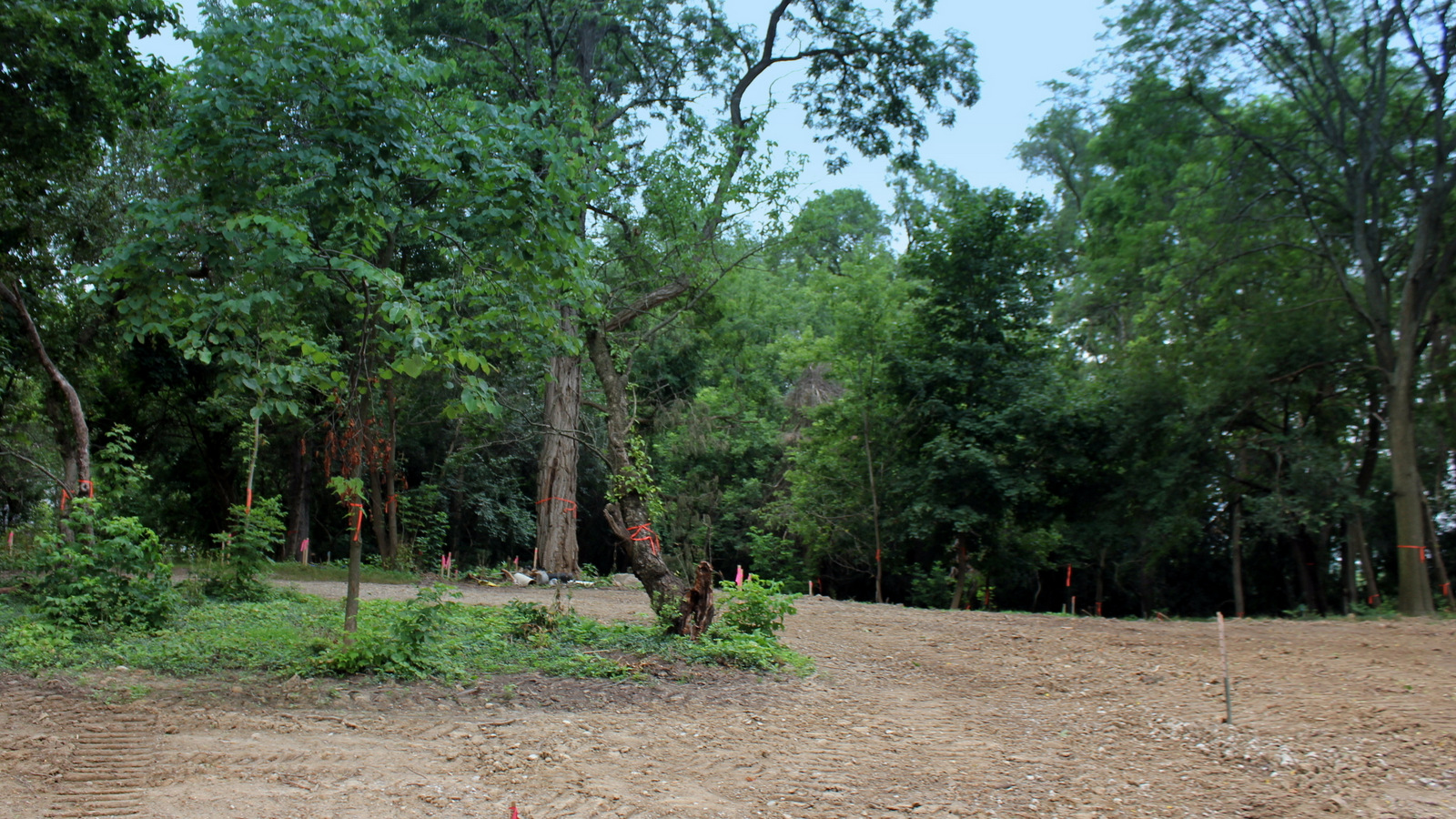
When you're considering building a home, you undoubtedly have an idea of the size and style of the home you want, but many factors influence what can and can’t be built on any given site. Most often, sites have features which dictate the home’s size, its location on the site, and in some cases, the materials that can be used. These factors can not only influence your budget but also what you can or cannot build. That’s why it’s best to secure a site before finalizing plans.
Some common questions that should be asked and answered before purchasing any site are:
- Will the house you want fit on the site?
- Are there any size or other requirements for buildings such as exterior materials that must be used?
- Where can a home be positioned on the site?
- What are the required setbacks?
- Are municipal utilities available? If so, which ones?
- Is there a tap in fee to hook up to municipal utilities (if available)?
- If the property has no access to municipal utilities, does the land perk so that a septic field can be installed? And it is in a well first area?
- Is a driveway permit required? If so, what is the required sight distance?
- Is the property in a flood zone?
- Is the land a vacant parcel or part of a platted sub or site condo?
Additionally, the size, slope, accessibility, drainage and natural environment all play a role in the size and placement of your home on the lot. Even design elements, such as whether the garage is side entry or front entry, may be dictated by the site itself.
The natural grade of the land must also be considered because grade impacts drainage as well as where the house can be located. Building around existing trees may require special access and may also impact drainage because the clearing and excavation of heavily wooded sites cause dramatic changes in the ground drainage patterns and impacts the root systems of surrounding trees.
Additionally, site preparation of heavily wooded or extremely sloping lots, though they are beautiful, adds considerable cost to the overall project.
When you have a site in mind, we recommend consulting with a builder about the cost to prepare it for construction and to determine its compatibility with the home of your dreams.
- Betsy de Parry, VP, Sales and Marketing
